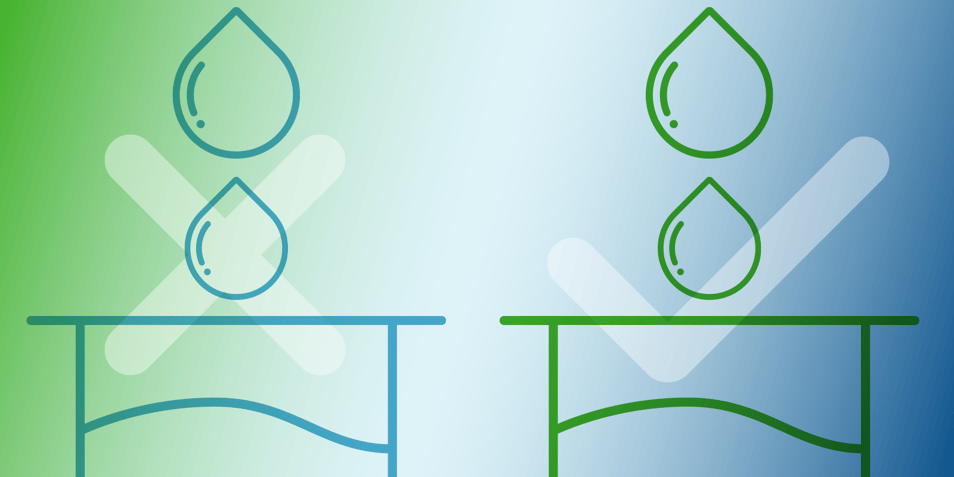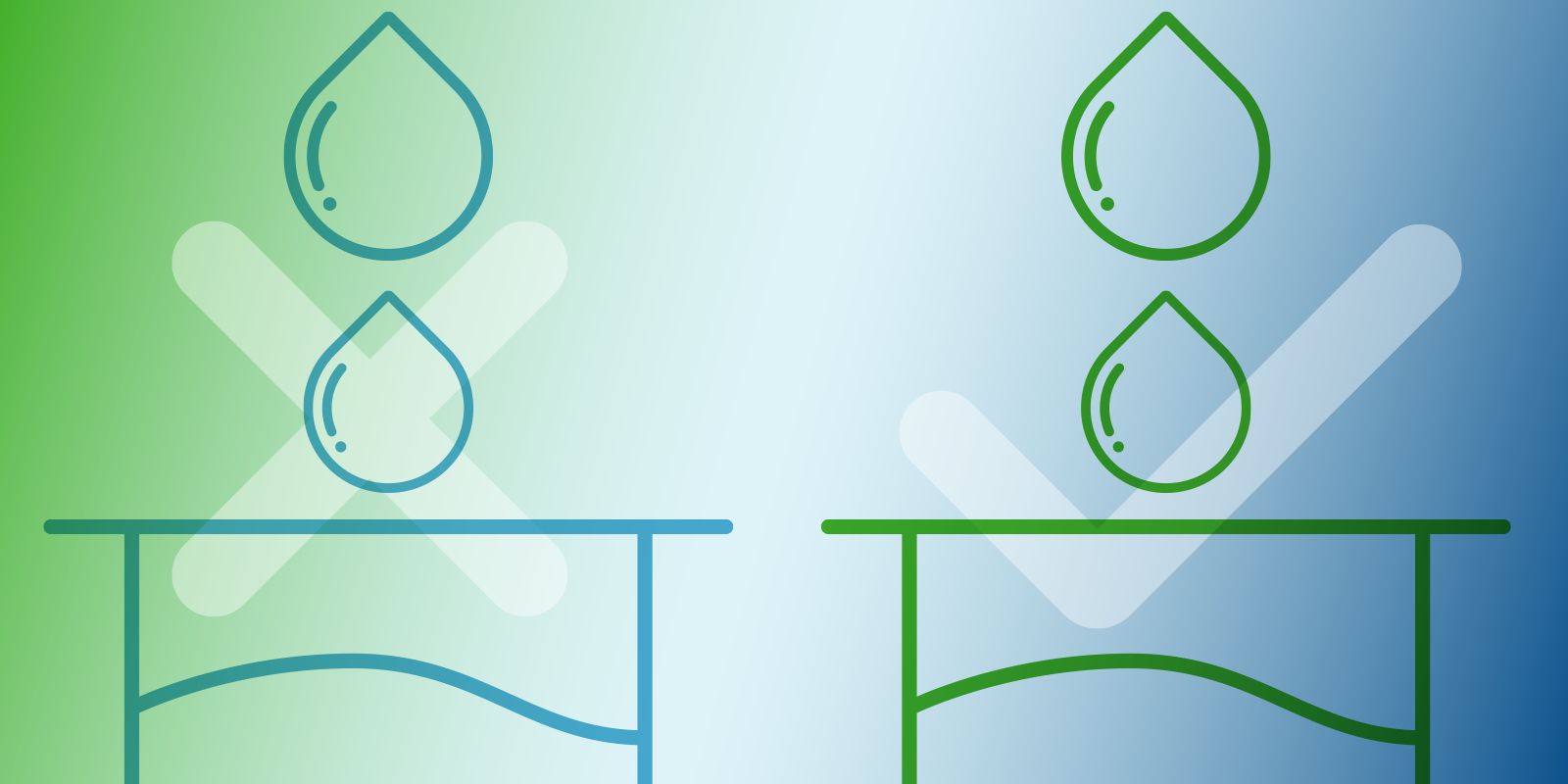
Questions from the industry—Naturals claims in food manufacturing
|
Food & Beverage
Posted By:
Trace One

During Part One of Trace One’s “Go Natural” webinar series, Regulatory Affairs and compliance professionals from global food and beverage manufacturers chimed in with areas of concern or uncertainty.
This blog post is the third in our "Go Natural" series. View the other posts below:
It's only natural to be confused about naturals
Looking at natural claims around the globe
Here’s what our experts had to say:
In the EU, there’s a clear definition of natural flavoring, including allowed processes to manufacture such flavoring. Can this definition be transferred to ingredients other than flavoring?
There is no European-wide definition of naturality. Specific guidance and standards come from individual countries, each with different levels of sensitivity to the claim.
In some countries, like Ireland, certain authority’s guidance will refer to processes listed in flavoring regulations. On the other hand, there are cases, like in France, where, according to the authority’s guidance, those same processes will not qualify an ingredient as natural.
You have to make sure you use criteria to substantiate your claim. In the absence of a regulation or guidance, you can refer to other regulatory sources, but this is only a starting point. In the end, what matters most is if the claim is truthful and believable.
In the US, if we have fruit and vegetable ingredients for vitamin and mineral functions in the product, can a “No artificial color” claim be made?
The risk level of the claim must be assessed by the specific case.
If you’re not adding an ingredient with the intention of adding a color, a “No artificial color” claim should be safe, but if you use an ingredient for its coloring properties, it is considered to be proper coloring.
The evaluation will always be case-by-case.
In India, what if a food industry wants to make a claim that’s not mentioned in the regulation or not covered under the advertising and claim regulations?
Claims can be made when they have not been mentioned in the regulation, but there are certain conditions that are relevant.
If you use an alternative word to “natural”, or related to any other natural ingredient, you have to first check with the authority if the word exists, then follow the conditions for which the word can be used.
You will also be required to provide proofs or documents related to the word, and if it’s 100% clear, it can be used.
Does Trace One cover guidance documents and drafts?
Trace One Regulatory Compliance is a tool which helps you get information about different regulations around the world. In there you can navigate, get alerts, and monitor changes as they happen globally.
Trace One Regulatory Compliance includes a repository of legislative documents. It’s a library with access to drafts and proposals for comments. There is also a specific configuration of documents related to guidance in the database.